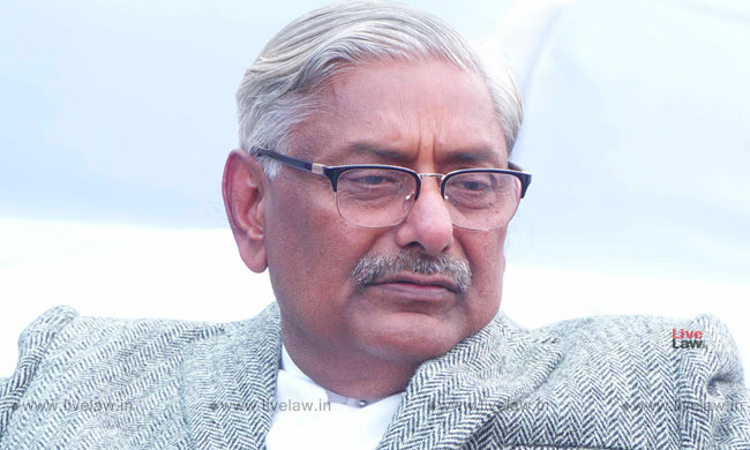RTI-Supreme Court Denies Information On Reason Of Overstay Of Justice Arun Mishra In His Official Residence After Retirement
Sparsh Upadhyay
18 Feb 2021 10:00 AM IST

Justice Mishra, demitted his office on September 2, 2020, i.e., more than 5 months back.
Next Story


